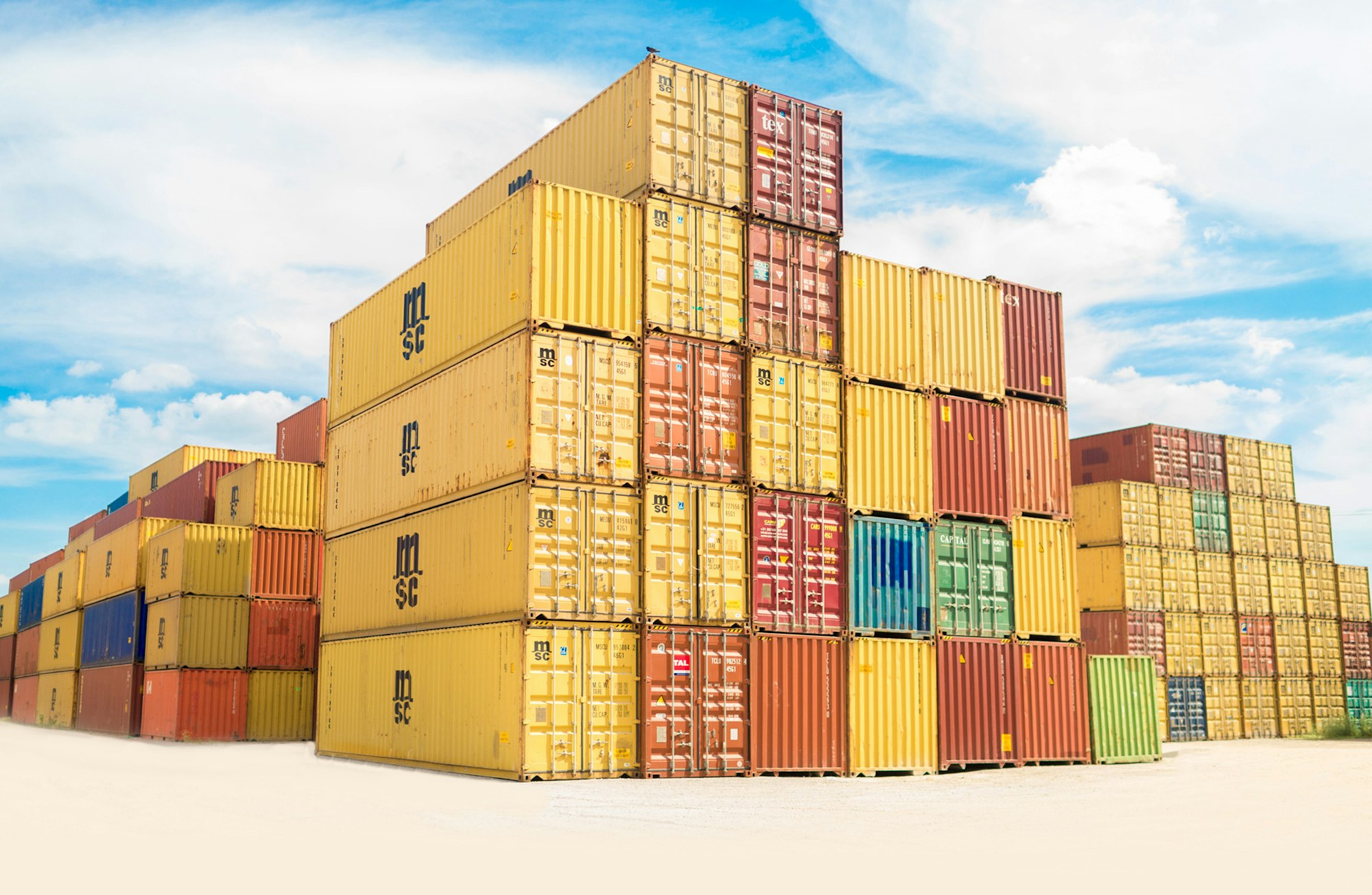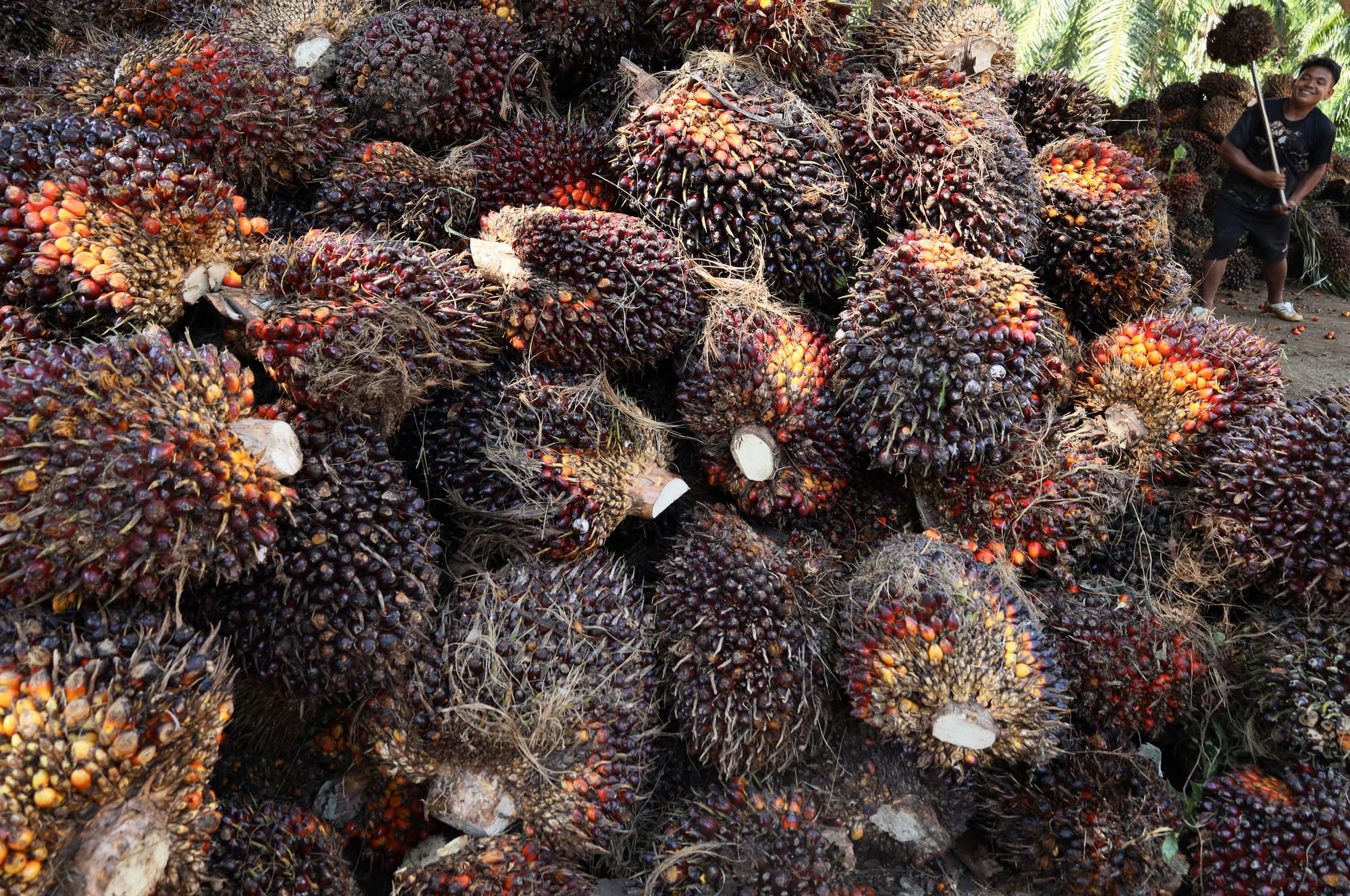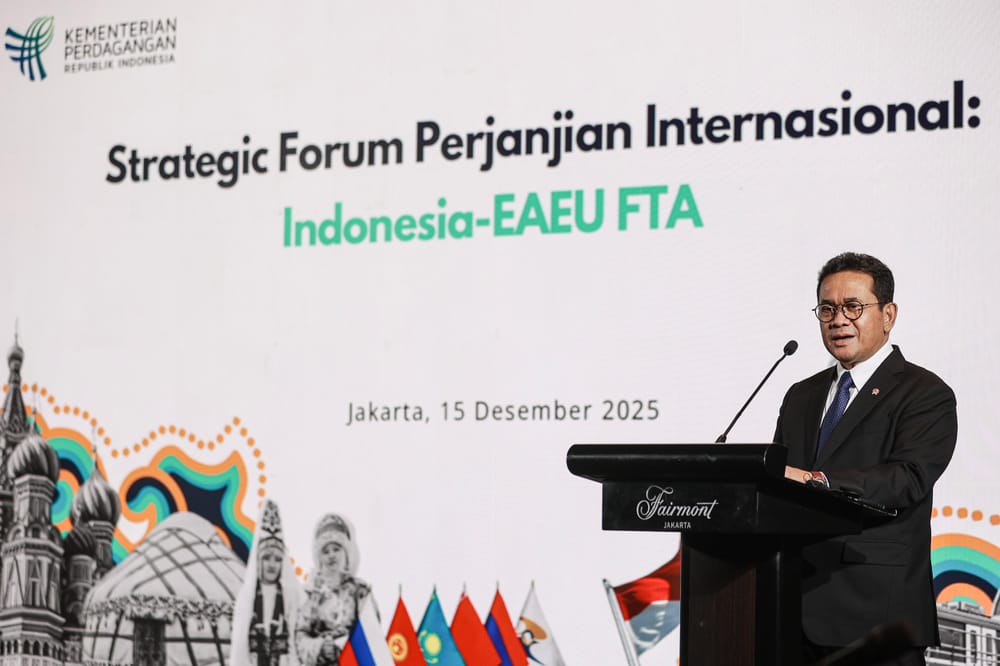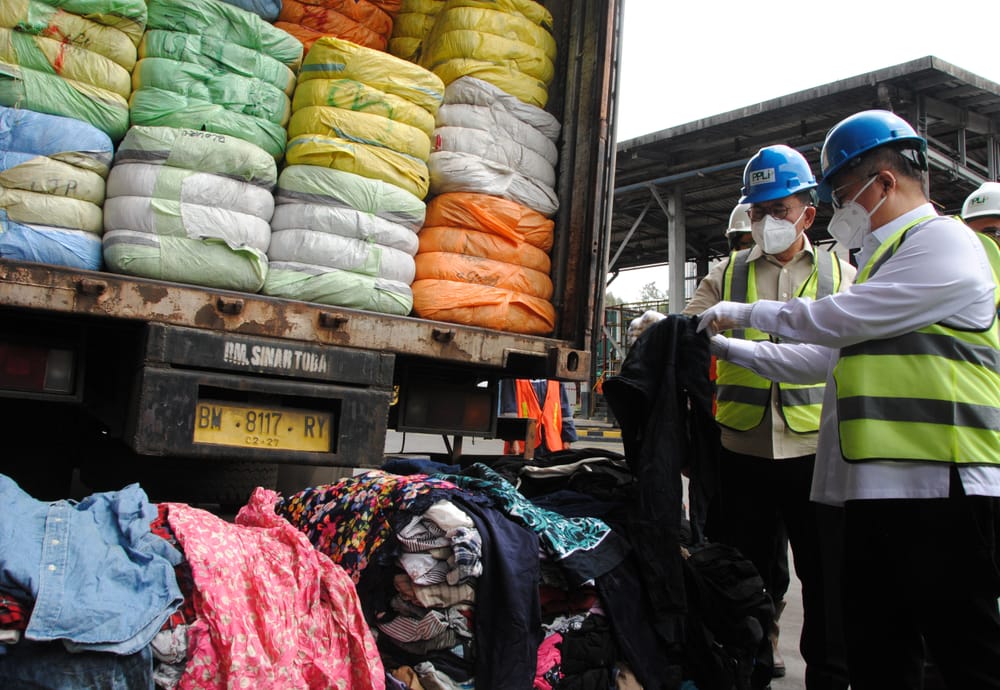The Indonesian Palm Oil Association (Gapki) is exploring export markets to 3 African countries namely Tanzania, Kenya and Namibia. This step is taken to strengthen CPO export performance as well as to seek new market opportunities other than China and India.
Gapki Chairman Eddy Martono said Africa is a strategic market that continues to grow, some Gapki members have exported to Africa, namely to South Africa and Nigeria, not yet to all African countries even though the potential is quite promising.
Gapki chose to explore the Tanzanian, Kenyan and Namibian markets because these three countries are "Centers of Origin", where plantation development is quite high, especially for oil palm.
In addition, the economies of the three countries are stable in the African region and they need CPO and also processed palm oil products.
"Africa is on the rise, the government is also asking entrepreneurs to export to Africa and we from Gapki have done it and started exploring the market," he told SUAR in Jakarta (22/10/2025).
The palm oil industry has proven to be the main pillar of Indonesia's non-oil and gas exports. Despite a decline in export value from US$ 39 billion in 2022 to US$ 28 billion in 2024, the sector remains the largest contributor to the national trade balance, contributing around 10-13% of total national exports until mid-2025.
Based on GAPKI data, Indonesia currently has 16.8 million hectares of oil palm plantations with crude palm oil (CPO) production reaching 52.8 million tons per year. As much as 40% of the production is managed by smallholders.
National palm oil production showed an increase of 11.1% (July 2025 compared to July 2024), in line with rising domestic consumption, especially for the biodiesel program which now surpasses consumption for food. However, palm oil exports are still facing challenges due to slowing global production and increasing domestic consumption and therefore Gapki has begun to look for new markets in addition to traditional markets.
Read also:

Eddy said that during the Trade Expo Indonesia (TEI) 2025, Gapki held a Business Forum with the topic "Opportunity for Trade and Investment Partnership in Africa" which was attended by exporters from African countries such as Tanzania, Namibia, Kenya and Angola.
In addition to exploring new export opportunities, Indonesia can build cooperation in developing superior seeds and technology with Africa.
The technology developed includes the use of biofertilizers to maintain soil fertility and reduce emissions. Mechanization and precision agriculture to reduce production costs.
Ganoderma research to address stem base rot, exploration of new genetic resources in Africa for drought and disease resistant varieties and strengthening policy advocacy related to export taxes and the national biodiesel program.
Salim Ivomas Pratama Exports to Africa
Reporting from the official website of Salim Ivomas Pratama, which has exported to Africa, the Vegetable Oils and Fats Division produces palm products, margarine and a number of palm-based derivative products (RBD palm stearin and palm fatty acid distillate) for consumer and industrial markets. The Vegetable Oils & Fats Division operates five refining facilities with a total annual CPO refining capacity of 1.7 million tons.
Consumer cooking oil products are marketed under the Bimoli, Bimoli Special and Happy brands, while margarine products are marketed under the Amanda, Palmia and Royal Palmia brands. Industrial cooking oil products are supplied directly to Indofood and other food manufacturers, while margarine and shortening products are marketed to confectioneries, bakeries and food manufacturers under the Amanda, Delima, Malinda, Palmia and Simas brands.
Sales and distribution of edible oil and fat products are supported by Indofood's Distribution Group, which has an extensive network throughout Indonesia. More than 80% of edible oil and fat products are marketed domestically, while the rest are exported to countries in Asia, Africa, the Americas and the Middle East.
Indonesia aims for Africa as new export market
The government is eyeing new export markets to Africa, so that Indonesia is no longer dependent on the American and European markets.
Several countries on the African continent are experiencing stable economic growth, this opportunity should be utilized by Indonesia to increase exports.
Previously, Trade Minister Budi Santoso said that so far, Indonesia has only focused on the American and European markets, while many countries in Africa have stable economic growth and receive imported products from abroad.
Some potential countries that will be targeted are South Africa, Kenya, Morocco and Egypt.
After successfully conducting trade negotiations with Peru, the government is ready to negotiate with African countries.
"We have started negotiations with the first step of studying the country profile," he said when met at the 'Jakarta Muslim Fashion Week 2026' event in Jakarta (13/8/2025).
Budi said the country that has expressed interest in conducting bilateral negotiations with Indonesia is South Africa.







